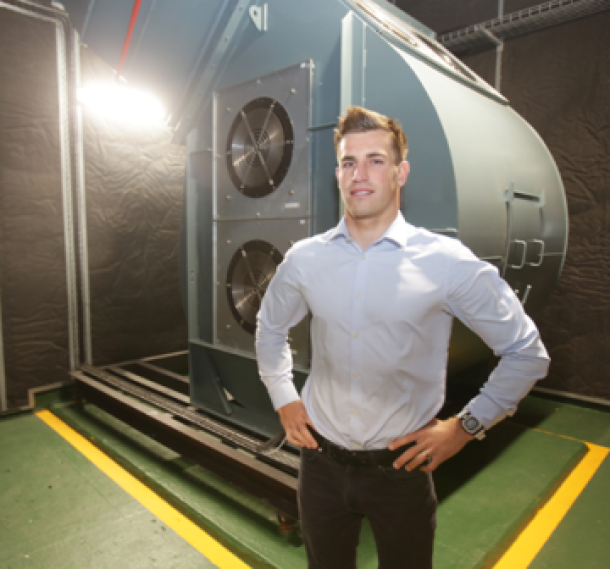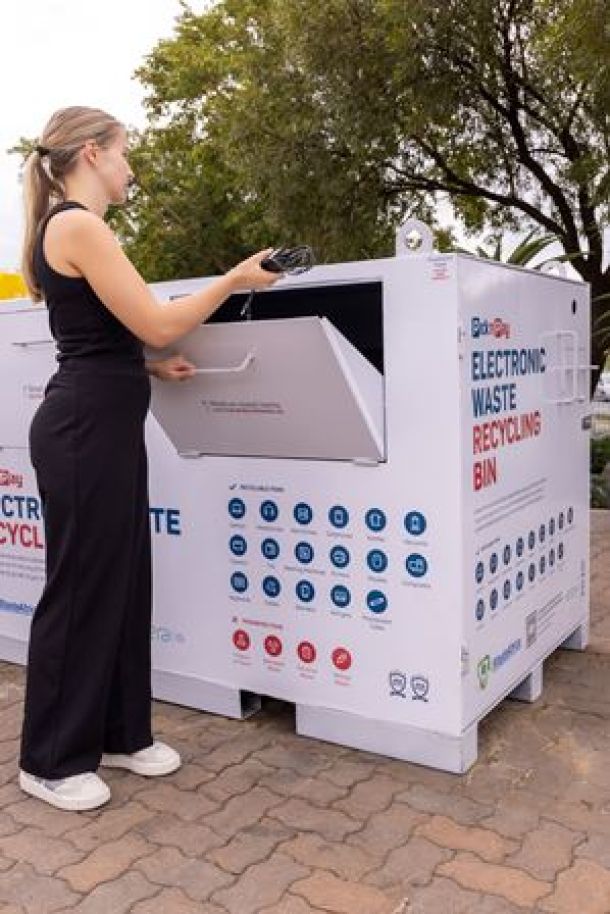Wine farm embraces solar, cuts power bill
A R4.4 million solar power-generating system installed on the Vrede en Lust wine farm in the Franschhoek Valley three years ago has slashed electricity costs, enabling it to place more focus on award-winning wines.
The farm is able to run the cellar, tasting room, restaurant, conference centre and the boreholes during daylight hours in summer – completely off the grid.
The farm generates the electricity from 7am to 5.30pm or 6pm depending on the time of year. On a sunny day, like yesterday, the farm produces more than it can use by 9.30am, and exports the balance to the grid.
General manager and viticulturist Etienne Buys, whose brother Dana owns the historic farm, said cash flow saving on energy bills was more than 60 percent.
Buys, who was speaking to a group of delegates attending the South African International Renewable Energy Conference in the city this week, said that before the system was installed in 2011, the farm’s electricity bill had been about R150 000 a month.
“As the wine industry is not a very profitable one, you have to look at all options to cut costs without touching quality.”
They had opted for solar because the summer months coincided with the production cycle and tourist season.
“Once we did the sums and worked out what we would save, it was a no-brainer.”
They used MLT Drives, a Cape Town-based company specialising in solar systems, for the project.
The farm now has about 800 photo-voltaic panels in the vineyard, which generate 200kVA and a further 84 panels generating 20kVA on the roof. All together, the farms generates about 360 000kWh a year and roughly 1 000kWh a day.
Buys said they went for a ground-based installation because they didn’t have enough roof space.
But he warned that theft was a major problem for ground-based installations. They had learnt this “the hard way” when, the night after the system was installed, thieves tried to steal the cables. They’ve also had people stealing panels – which cost about R3 000 each – to sell as scrap. However, the security alarm system has now been improved.
The farm’s carbon saving has been “massive”, but Buys says that while people liked to ask about their environmental policy, at the end of the day the wine industry was about “rands and cents”.
Buys said they had received a 27 percent rebate from Eskom for the project with a proviso they couldn’t be paid for the first three years to export excess electricity into the grid.
But he said the municipality was planning to introduce a credit system where they would use what they needed from the grid at night but be given credit for what they had exported during the day.
They did not have battery storage because Buys said it was not yet affordable.
News Category
- International retailers
- On the move
- Awards and achievements
- Legislation
- Wine and liquor
- Africa
- Going green
- Supplier news
- Research tools
- Retailer trading results
- Supply chain
- Innovation and technology
- Economic factors
- Crime and security
- Store Openings
- Marketing and Promotions
- Social Responsibility
- Brand Press Office
Related Articles

Pick n pay upcycles air-conditioning systems, s...

Shoprite Group opens pathways to job opportunit...

Pick n Pay empowers shoppers in the fight again...

Massmart implements early leak detection techno...


